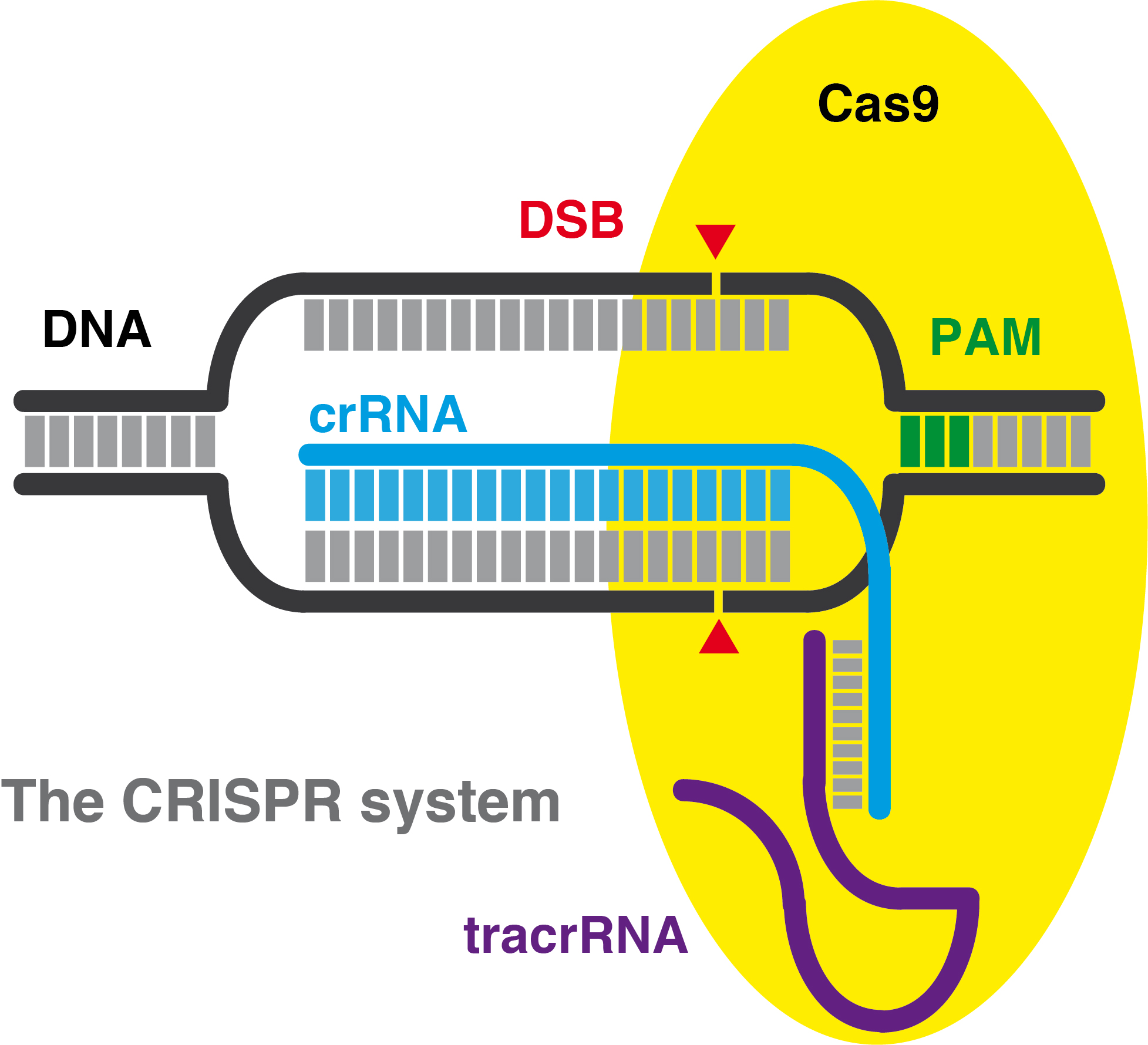In a consensus document just published in the journal Transgenic Research, more than 20 representatives of European ethics committees outline the need to evaluate the ethical, legal and social implications associated with new genetic editing techniques.
Experts, including Lluís Montoliu, a scientist at the Centro Nacional de Biotecnología of the CSIC (CNB-CSIC) and the Centre for Biomedical Research in the Network of Rare Diseases (CIBERER), and a member of the CSIC Ethics Committee, analyse the scenario that has emerged essentially as a result of the recent development of CRISPR tools.
The document proposes the creation of a European committee to evaluate the benefits, limitations and possible risks of these very promising technologies, and to ensure their responsible use. Another of the committee’s functions would be to promote social debate on the use and applicability of gene editing, to pave the way for its subsequent incorporation into national and international legislation.
The discovery of CRISPR is bringing about a technological revolution in life science research. This new tool not only facilitates laboratory research for scientists, but also has enormous economic value. Large companies are investing millions of euros in this technology, which has sparked a struggle for licensing rights of the patents derived from its discovery.
The new genetic editing techniques can be applied to human cells and embryos to address certain pathologies, but its uses are much broader. According to the authors, applications in laboratory animals will permit advances in basic research. In addition, they could be used in control strategies for diseases caused by insect-borne infectious agents, as well as for goals of interest in agriculture or livestock management.
"The possibilities are enormous, and it’s now much easier, cheaper and faster with these new technologies," explains Montoliu. “It is a stimulating time and we shouldn’t hinder basic research, but it’s equally important to reconsider ethical, legal and social effects in the light of these new gene editing techniques.”
Topics associated with the use of CRISPR tools, such as mosaicism (generation of multiple mutations at a specified site in the genome) or undesired mutations at other genome sites with similar sequences, are also discussed in this publication.
The authors hope the committee will be operative and hold its first meeting before the end of the year.
- Francois Hirsch*, Hervé Chneiweiss*, Lluis Montoliu*, Albrecht Mueller, James A Houghton, Solveig Fenet, Marion Abecassis, Jennifer Merchant, Bernard Baertschi, Mylène Botbol-Baum, Mihalis Kritikos, Janet Mifsud, Ewa Bartnik, Johannes Rath, Christiane Druml, Bärbel Friedrich, Ana Sofia Carvalho, Dirk Lanzerath, Agnès Saint-Raymond. Fostering Responsible Research with Genome Editing Technologies: a European Perspective. Transgenic Research, 2017 *autores responsables del artículo. https://link.springer.com/article/10.1007/s11248-017-0028-z

Repair mechanisms following CRISPR-Cas9 action. / Lluis Montoliu, CNB-CSIC CIBERER






